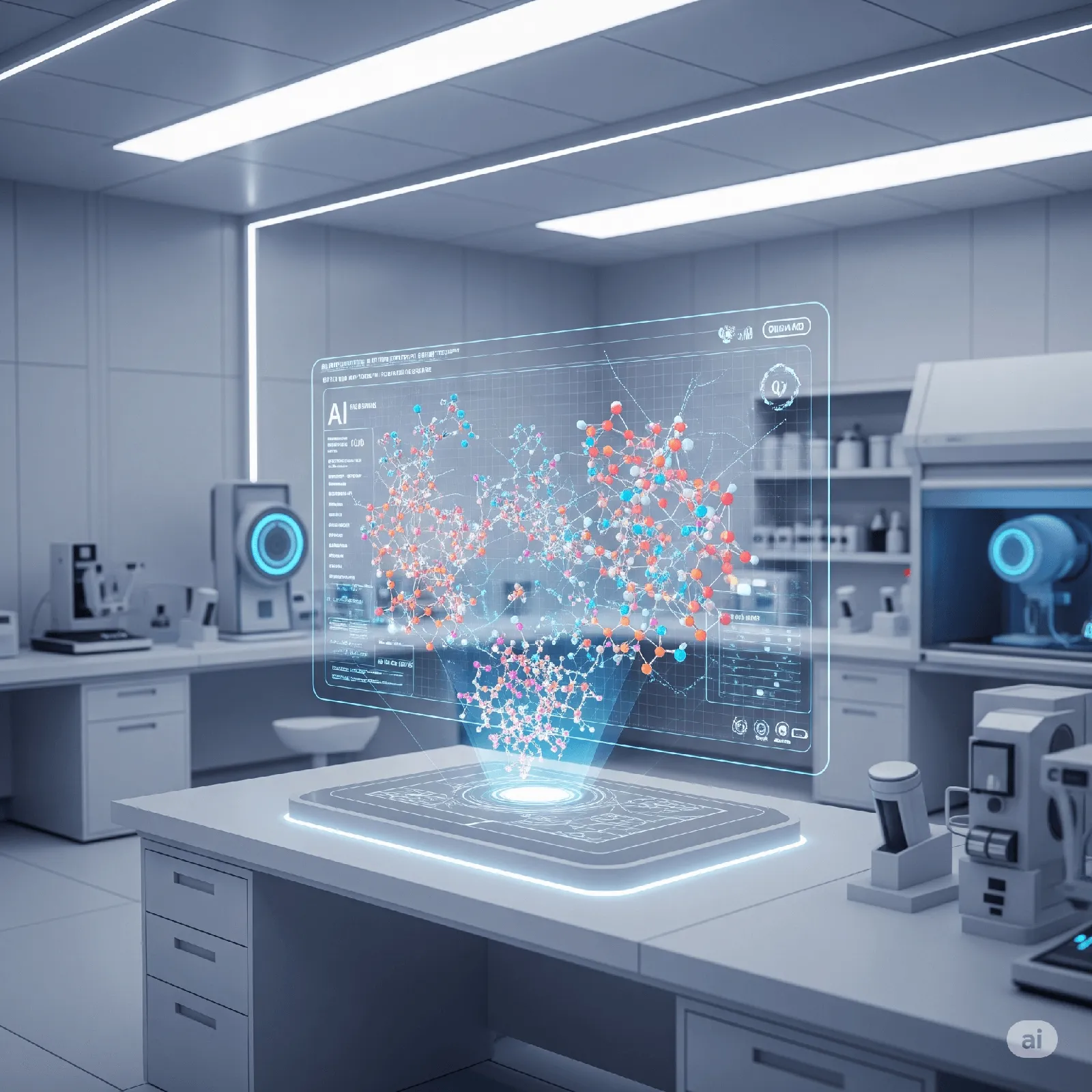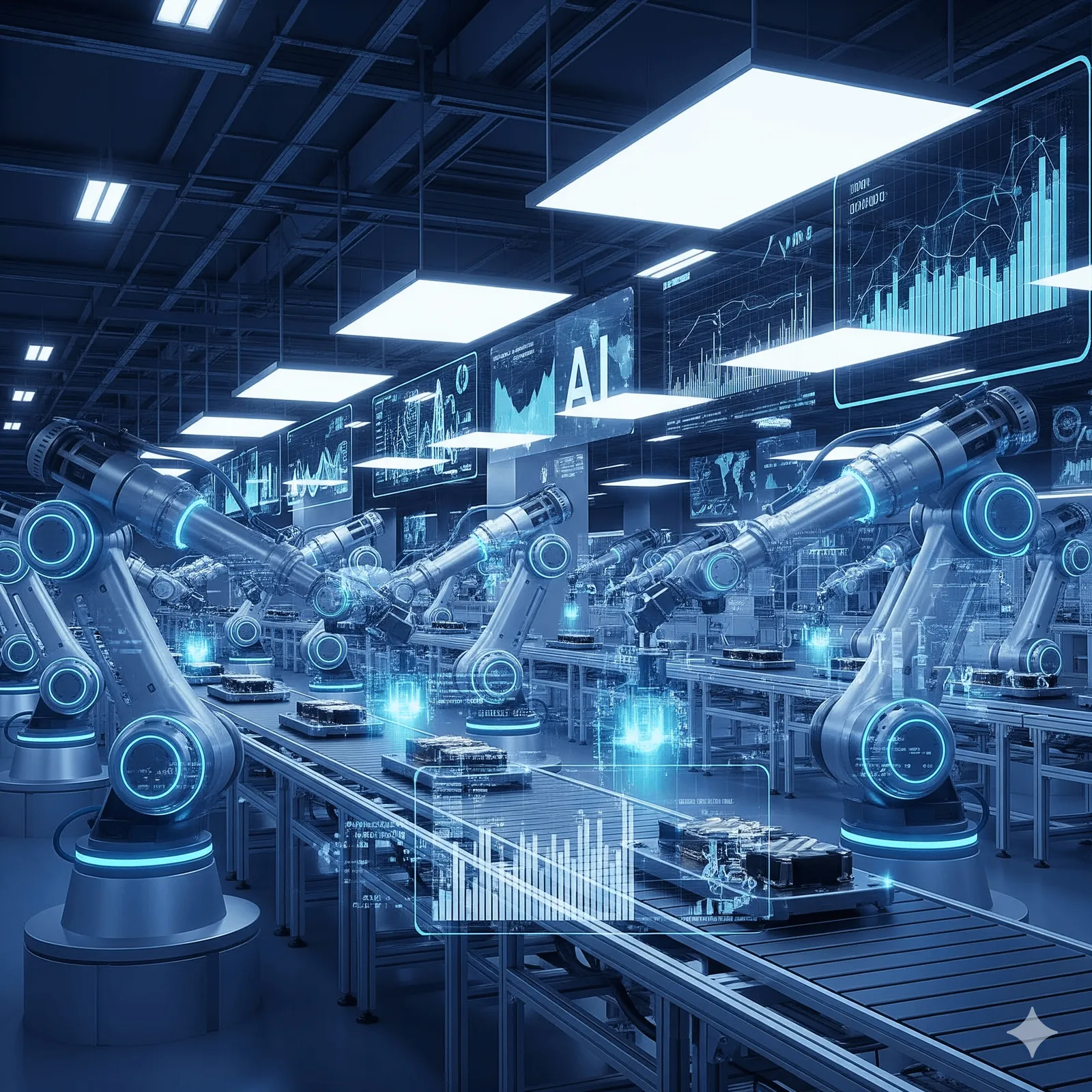AI as the Cure: Revolutionizing Drug Discovery

For decades, the process of bringing a new drug to market has been notoriously slow, expensive, and fraught with failure. For every success story, there are thousands of compounds that never make it past the lab. But a new researcher has entered the field, and it’s working at a scale and speed that humans can only dream of: Artificial Intelligence.
AI is no longer just a tool for data analysis; it’s becoming a creative partner in the quest for new medicines. This is more than just an incremental improvement—it’s a paradigm shift that is already delivering remarkable results.
The Challenge: A Race Against Time and Resistance
Two of the biggest challenges in modern medicine are the rise of antibiotic-resistant bacteria and the complex, individual nature of diseases like cancer. Traditional research methods struggle to keep pace. Discovering a new antibiotic can take over a decade, and all the while, bacteria are evolving defenses, rendering our existing treatments useless.
Similarly, cancer is not one disease but thousands. A treatment that works for one patient may be completely ineffective for another. The key to effective treatment lies in personalization, but identifying the right drug for the right person is a monumental data challenge.
Enter AI: Designing Drugs and Personalizing Treatment
This is where AI is making its most significant impact. By sifting through massive datasets of genetic information, protein structures, and clinical trial results, AI is uncovering new frontiers in medicine.
1. Designing Novel Antibiotics:
Researchers are now using generative AI—the same kind of technology that can create art and text—to design entirely new molecules from scratch. Recently, AI algorithms have successfully identified novel compounds that can kill drug-resistant bacteria through mechanisms that scientists had never seen before. One AI-discovered antibiotic was able to neutralize a particularly dangerous superbug, Acinetobacter baumannii, which is a common cause of hospital-acquired infections.
Instead of the slow process of trial-and-error, AI can simulate how millions of different molecules would interact with a target bacteria, identifying the most promising candidates in a fraction of the time.
2. Hyper-Personalized Cancer Therapy:
In the world of oncology, AI is driving a move towards truly personalized medicine. AI models can analyze a patient’s unique genetic makeup and the specific mutations in their tumor to predict which treatment will be most effective.
For example, AI systems can now predict a patient’s risk of developing lung or breast cancer years before any physical signs appear, simply by analyzing medical scans and health records. This allows for early intervention that can dramatically improve outcomes. Furthermore, AI can help doctors choose from an arsenal of available drugs, matching the right therapy to the right patient and avoiding the painful and often debilitating side effects of ineffective treatments.
What This Means for All of Us
The impact of AI in drug discovery extends beyond the lab. For businesses in the pharmaceutical and healthcare sectors, it represents a massive opportunity to innovate and accelerate their R&D pipelines. Companies that embrace AI will be the leaders of this new era of medicine.
For end-users—which is all of us—this is even more personal. It means a future where:
- Superbugs are no longer a global threat.
- Cancer treatment is tailored to your body.
- New medicines are developed faster and more affordably.
The road ahead still has its challenges, from data privacy to regulatory approval. But the initial breakthroughs are not just promising; they are proof that AI is set to become one of the most powerful tools we have in the fight for human health. The revolution is already underway.


